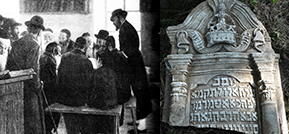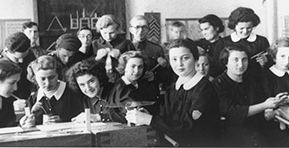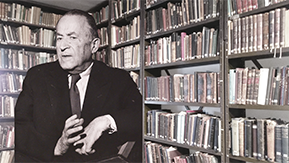
JEWISH GALICIA & BUKOVINA
Promoting the study and commemoration of the cultural heritage
In cooperation with:



JEWISH GALICIA & BUKOVINA
Promoting the study and commemoration of the cultural heritage
In cooperation with:





